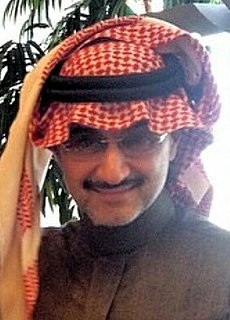A Quote by Elliott Abrams
For 22 years, Bandar bin Sultan was Saudi Arabia's influential, irrepressible ambassador in Washington.
Quote Topics
Related Quotes
I was the first senior American official to meet with Riyadh's dynamic Deputy Crown Prince Mohammed bin Salman after the Saudi intervention in Yemen in 2015. I reiterated the United States' commitment to defend Saudi Arabia against Houthi aggression and to help press the Houthis back to the bargaining table.


































